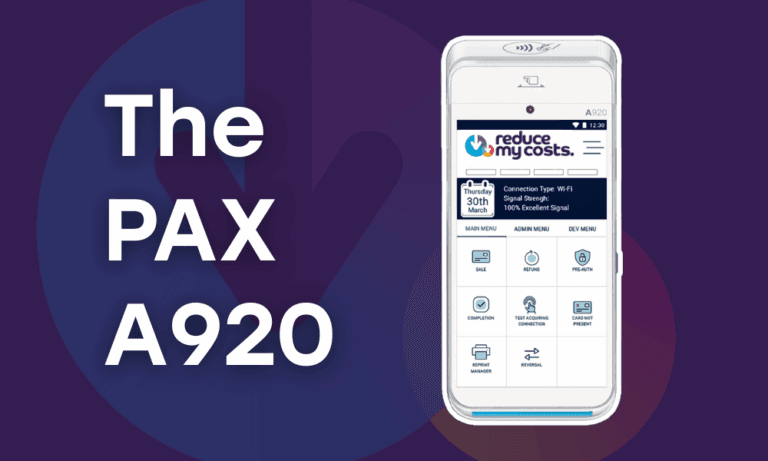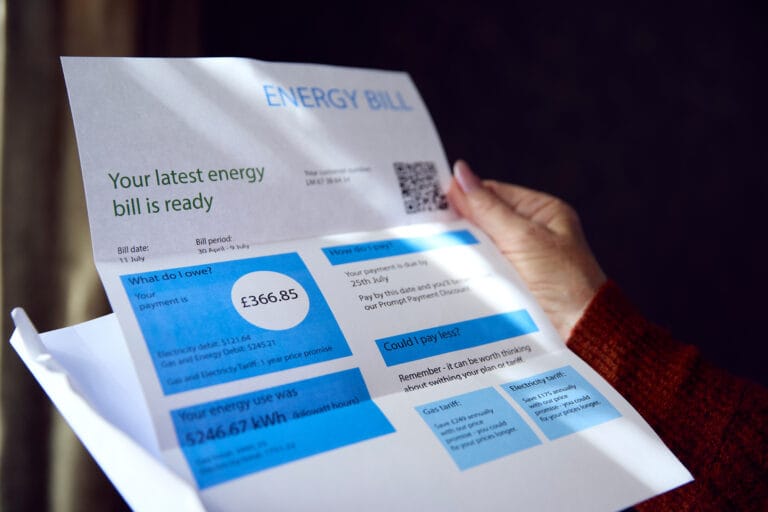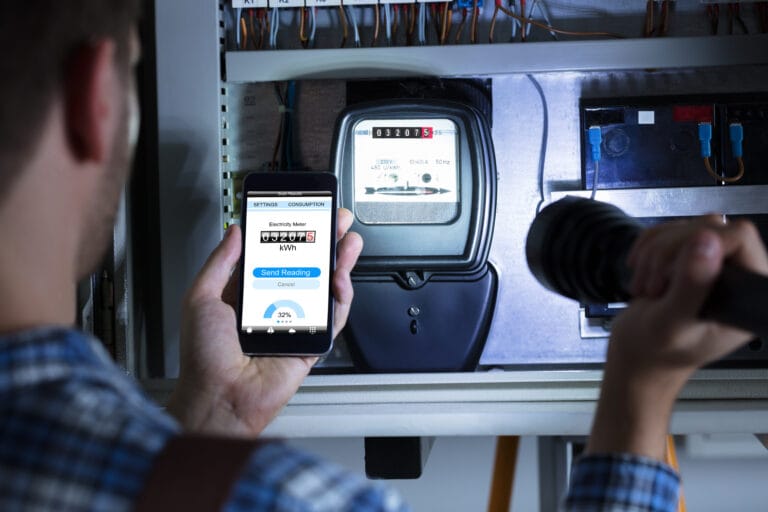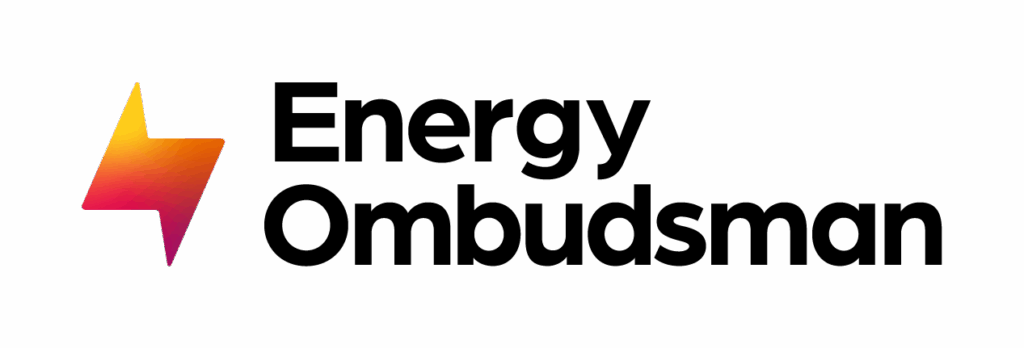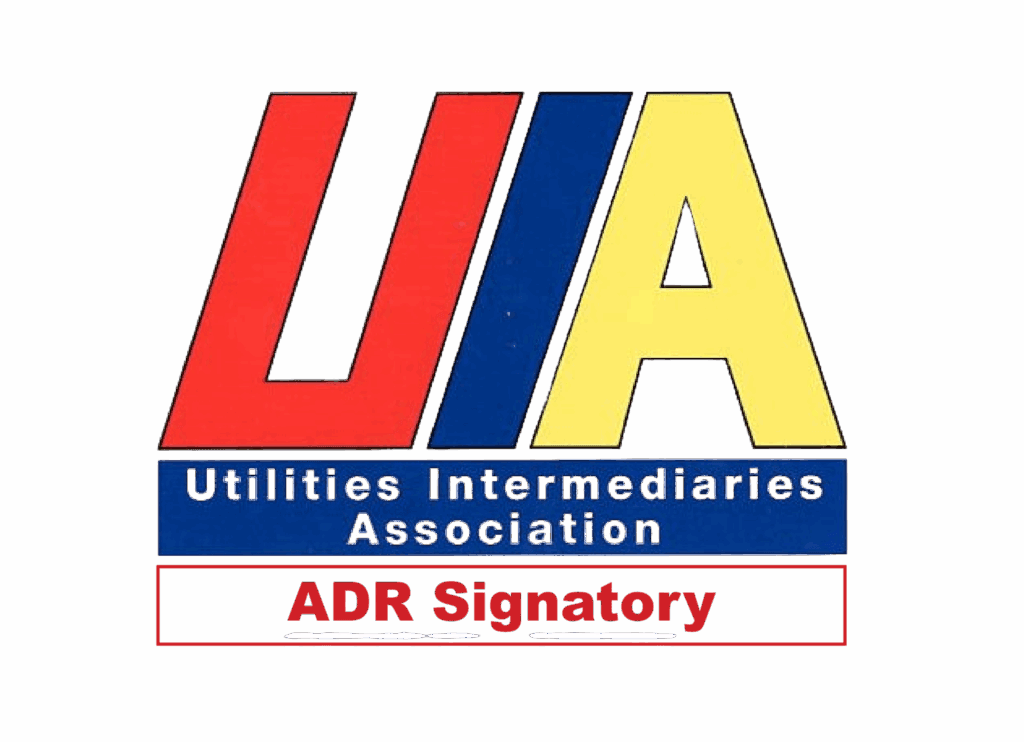In today’s world, businesses must take responsibility for managing waste correctly. Proper waste disposal not only helps the environment but also ensures compliance with regulations and can even save businesses money. Whether you run a small office, a retail store, or a large industrial facility, understanding which waste goes into which bin is crucial.
The Importance of Correct Waste Disposal
Incorrect waste disposal can lead to contamination, increased landfill waste, and hefty fines for non-compliance. By sorting waste properly, businesses can contribute to a circular economy, where materials are reused, recycled, or disposed of responsibly.
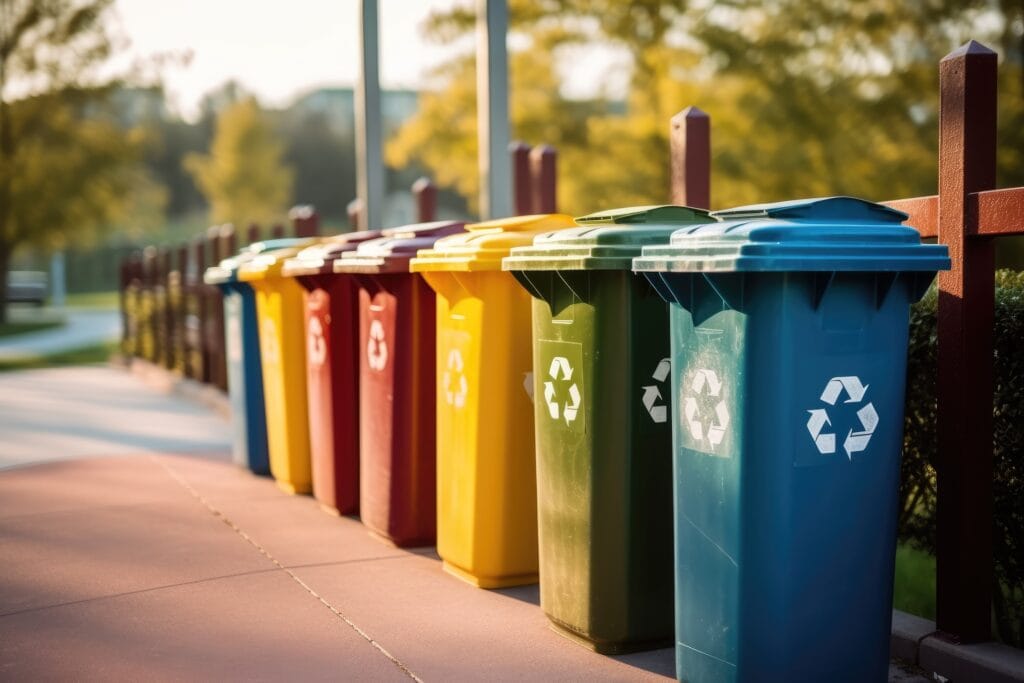
Common Business Waste Categories & Their Bins
To ensure proper waste disposal, businesses should be aware of the different waste types and their designated bins:
1. General Waste
- Non-recyclable materials like plastic wrappers, polystyrene, and food-contaminated packaging.
- Most items apart from hazardous materials or builder’s rubble can go into your general waste bin.
2. Recycling Waste
- Paper, cardboard, and newspapers.
- Clean plastic bottles, aluminium cans, and glass bottles.
- Office paper waste, including printed documents (if not confidential).
3. Food Waste
- Leftover food, vegetable peels, and organic kitchen waste.
- Tea bags and coffee grounds.
- Compostable packaging (where applicable).
4. Hazardous Waste (Special Collection Required)
- Batteries, electrical equipment (WEEE), and fluorescent bulbs.
- Chemicals, paints, and cleaning agents.
- Medical or bio-hazardous waste (for healthcare businesses).
5. Confidential Waste (Shredding & Secure Disposal)
- Documents containing sensitive or personal information.
- Business contracts, employee records, and customer details.
6. Glass Waste (Glass Bin – If Not Included in Recycling Bin)
- Glass bottles and jars (clean and rinsed).
- No ceramics, Pyrex, or broken window glass.
Steps to Implement a Waste Management System in Your Business
Assess Your Waste Output:
Conduct a waste audit to identify the main types of waste your business generates.
Provide Clearly Labelled Bins:
Use colour-coded bins with clear signage to avoid confusion.
Train Employees:
Ensure staff understand what waste goes where through regular training sessions.
Partner with a Waste Management Service:
Work with a reliable waste collection service to ensure proper disposal, compliance and customer care.
Monitor & Improve:
Regularly review waste management practices and make adjustments as needed.
The Benefits of Proper Waste Disposal
Environmental Impact:
Reduces landfill waste and promotes recycling.
Cost Savings:
Efficient waste disposal can lower waste collection costs.
Regulatory Compliance:
Avoids fines and legal issues related to improper waste disposal.
Brand Reputation:
Demonstrates corporate social responsibility and sustainability efforts.









